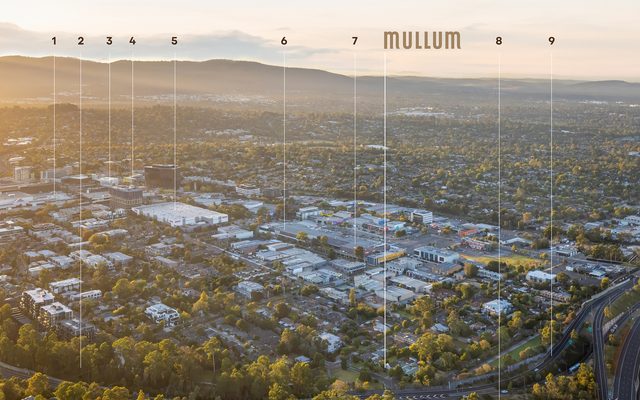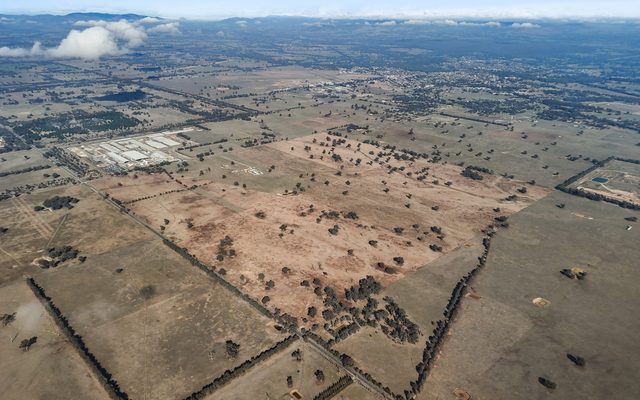This article is from the Australian Property Journal archive
CHINA’S property sector has undergone policy rescue in order to stabilise the market in the lead up to the 20th National Congress of the Chinese Communist Party.
According to ANZ research, the National Day holiday is generally considered to be the close of prime sales for residential properties before the end of the season. It’s yet to be seen as to whether the new policies will be effective.
These major policies include: CNY200bn policy lending to fund sold but unfinished projects; removing the floor of first mortgage rates by the end of the year in cities where the property price declined in both month and year between June and August; reducing the first home mortgage rates funded by provident by 15bps, effective from 1 October 2022; offering tax breaks for home buyers who purchase a new home within one year of selling their previous home; and local big six banks are asked by regulators to provide at least CNY600bn funding to property sector, pending official confirmation.
These measures were put up before the 20th Party Congress in order to mitigate social unrest and ensure the country was harmonious prior to the National Day holiday.
It comes as homebuyers across the country continue to boycott making mortgage payments worried that the properties they bought from distressed developers will not be completed. A movement that has taken the market by surprise, what started as a protest in one project in late June has rapidly spread to over 300 projects in more than 90 cities by mid-July.
Unlike other real estate markets, homeowners in China must start making mortgage payments before they take possession and construction has started. This policy was a convenient funding arrangement for property developers.
Oxford Economics lead economist Tommy Wu said presales account for 90% of new home sales in China and one-third of developers’ source of funding, adding that the fall in housing sales will pose a very serious threat to developers’ financial position.
Despite the hopes that the new policies that have been coordinated, they still appear to be tied to a number of uncertain factors. It’s unseen yet whether developers and home buyers could improve their financial conditions with home buyers less sensitive to mortgage rate changes. There’s still a lack of clarity on the country’s zero-COVID policy which is influencing that of retail buyers and businesses.
The policy rescue also can’t work long-term as a result of the effective period of tax breaks in China. According to the research, China’s property sector is expected to continue a downtrend as long as President Xi Jinping’s ‘housing for living’ policy stays in place.
Meanwhile the country’s COVID-zero policy has seen a renewed interest in overseas residences.
Residents are flocking to the country’s largest social media platform WeChat with searches for “immigration” tipping over 130 million whilst searches for “overseas homes” registered over 8.5 million.









